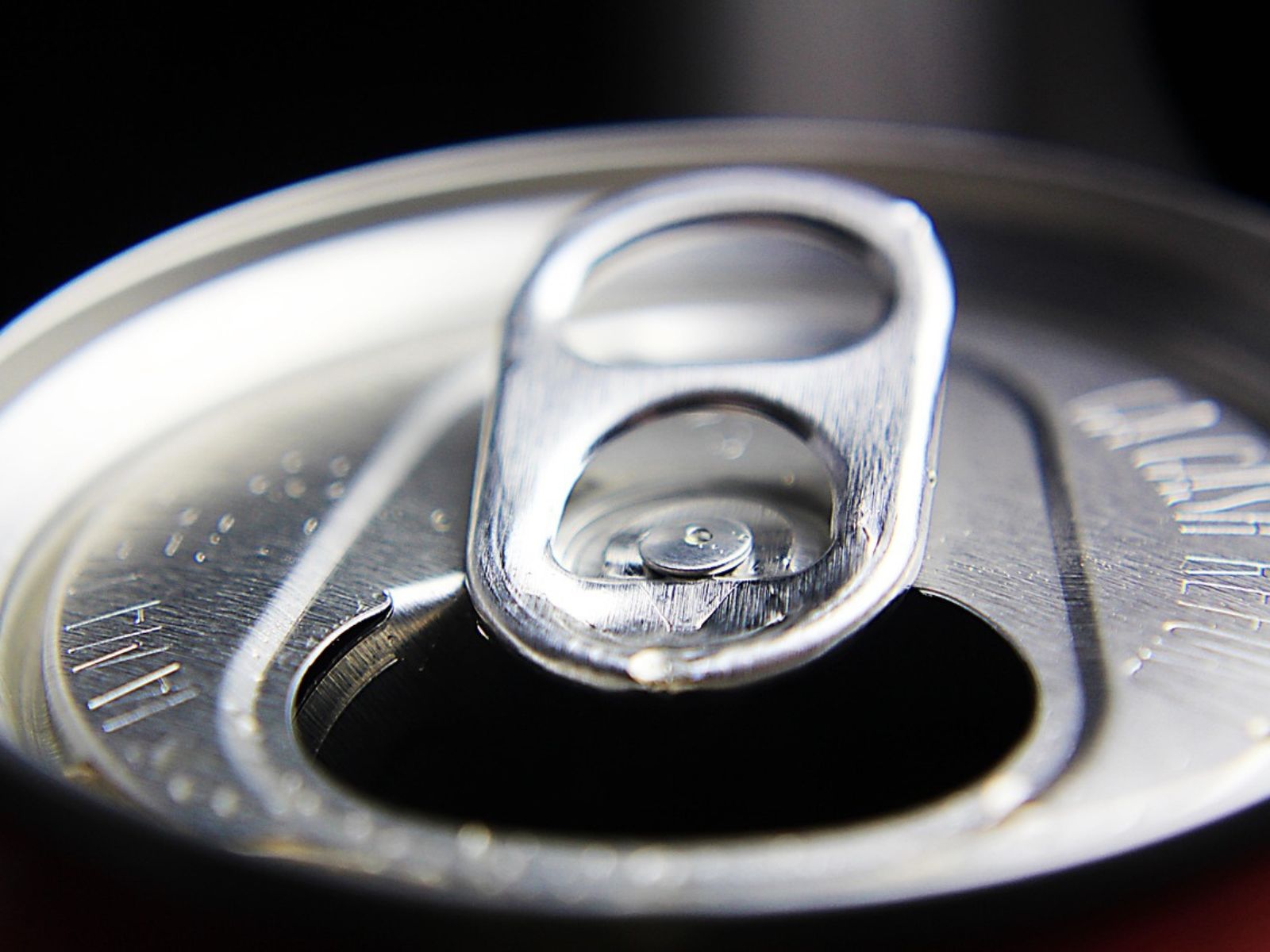When you visit a store, whether it’s a corner market or a large grocery store, it doesn’t take long to notice the abundance of sugary and artificially sweetened beverages. They are frequently marketed online, via streaming services, on TV, and in print media. People may like how they taste, however, they are far from being a healthy drink option.
According to the findings of a recent study, sugary and artificially sweetened drinks may increase the risk of people experiencing certain mental health issues. The results of the study, which was conducted by researchers affiliated with health and academic institutions in China, were published in the Journal of Affective Disorders.
“We included 188,355 participants who completed at least one dietary questionnaire and were free of depression and anxiety disorders at baseline from the UK-Biobank. Cox proportional hazard models and substituting analyses were used.” the researchers stated about their methodology.
“During an average of 11.15 years of follow-up, 5884(3.12%) participants with incident depression and 6445(3.42%) anxiety disorders were documented.” the researchers wrote. “In individuals aged <60 years, the consumption of SSBs (sugar-sweetened beverages) and ASBs (artificially-sweetened beverages) (>1 serving/day) was associated with higher hazard of depression disorders…whereas, intakes of pure fruit/vegetable juices and coffee were associated with lower hazard of depression disorders.”
“Individual beverages showed divergent associations with depression and anxiety disorders at different age levels, which underscores the potential relationship of prudent beverage choices in mitigating the risk of mental health.” the researchers concluded.
When possible, drink water and avoid sugary or artificially sweetened beverages. A recent study was conducted by researchers affiliated with the University of California and Cornell University involving a “systematic review of 18 randomized clinical trials,” with all but one of them focused on “interventions of increased water intake.” The remaining clinical trial focused on “decreased intake.”
According to the findings of the study, “consuming additional water was associated with greater weight loss (range, 44%-100% more than control conditions) and fewer nephrolithiasis events (15 fewer events per 100 participants over 5 years).”
“Single studies suggested benefits related to migraine prevention, urinary tract infection, diabetes control, and hypotension.” the researchers for that particular study also stated.
***
Disclaimer: The contents of this article and this website are not meant to substitute for the professional advice of a doctor, nutritionist, and/or certified personal trainer. This content is provided as an educational tool to help people on their fitness journeys. While we strive to research topics as much as possible and provide useful and accurate information to the best of our abilities, we also strongly recommend talking to your doctor, nutritionist, and/or certified personal trainer before starting any workout, therapeutic, or nutritional regimen, as each individual’s needs and situations vary depending on the person.

